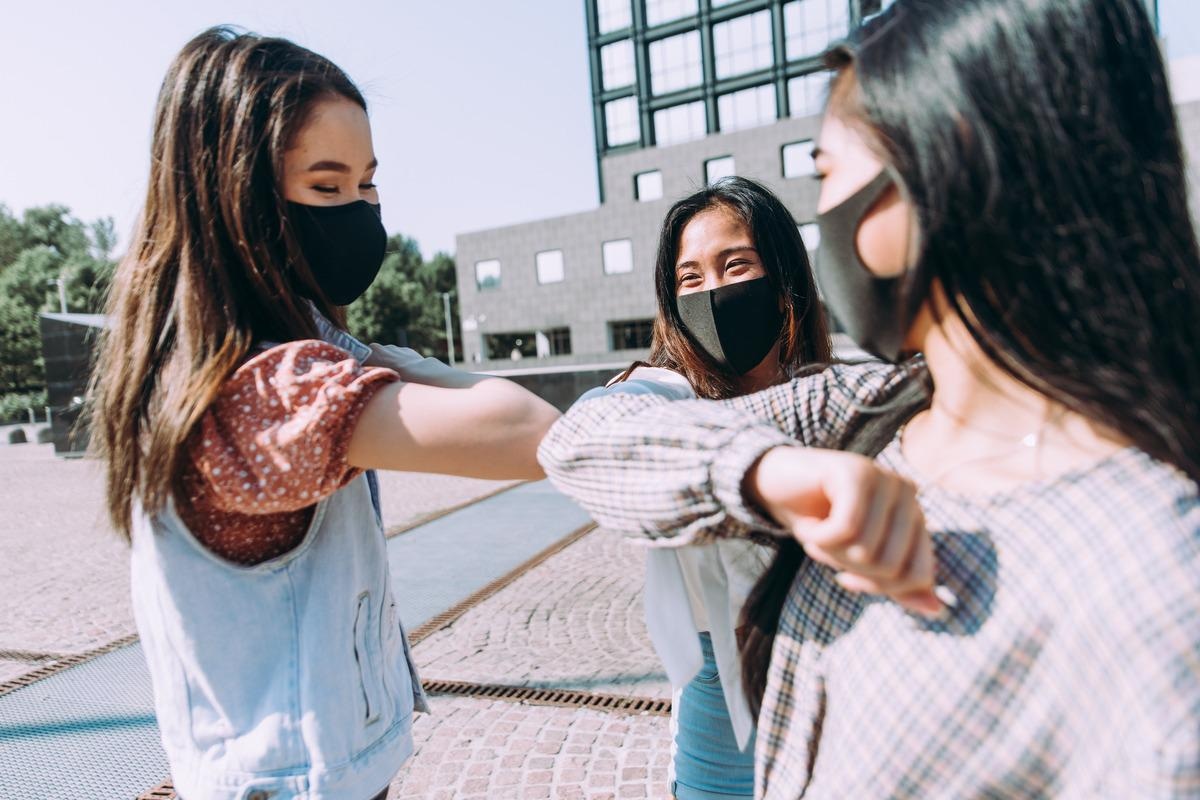Scientists have designed various pharmaceutical and non-pharmaceutical measures to contain the coronavirus disease 2019 (COVID-19) pandemic, caused by severe acute respiratory syndrome coronavirus-2 (SARS-CoV-2). Two of the common COVID-19 regulations formulated by healthcare officials are restrictions on travel and quarantine measures, which often restrict individuals from being in contact with their friends and family.

In a new study published in PLoS ONE, researchers have conducted a qualitative study of adolescents’ pandemic-related health literacy as well as evaluated how COVID-19 has affected their lives.
Background
To stop the further spread of the highly contagious SARS-CoV-2 virus, healthcare authorities and governments around the world restricted social contact, which impacted the mental well-being of individuals. Healthcare literacy is related to the ability to access, understand, evaluate, and practice health information.
Since the onset of the pandemic, healthcare officials have consistently provided simple and practical information about basic protection measures, e.g., the utility of frequent handwashing, wearing facemasks, etc. Some guidance on school closures, social gatherings, and traveling have been frequently changed based on the rate of infection and evolving scientific knowledge about SARS-CoV-2. It has been challenging to implement the fast-changing requirements.
Several studies have revealed that social distancing and school closures, particularly, caused mental health issues in young children. A previous study by the same authors showed that based on European norm values, adolescents’ health-related quality of life (HRQoL) was low. Very few qualitative studies are available that analyze how adolescents foresee their contributions to restricting the transmission of COVID-19. Additionally, not much evidence has been documented related to how the long-lasting COVID-19 rules have impacted the quality of life of this group.
About the study
The main aim of the new study was to explore adolescents’ pandemic-related health literacy and understand how the protective measures impacted their lives. In this study, the authors analyzed how the second phase of the pandemic affected adolescents over time. Scientists conducted focus group interviews to elaborate on the quantitative survey results obtained and analyzed in previous survey studies from the first phase of the COVID-19 pandemic.
In this study, scientists conducted interviews with five focus groups comprising seventeen adolescents. Researchers aimed at constructing heterogeneous samples containing both boys and girls who attended varied study programs. These interviews were conducted digitally during the second phase of the pandemic, i.e., between November and December 2020. Researchers analyzed the interview data with directed content analysis.
Key findings
The participants were extremely informed about the protective measures, and they had diligently followed government regulations. However, social restrictions had negatively affected their quality of life. The health authorities’ communication channels helped adolescent groups get immediate and trustworthy updates on how their following weeks should be organized regarding school closure and social interaction. This shows how young people were earnestly waiting at home for government approval to be with friends or go to school.
Interestingly, practicing protective measures, such as washing hands and keeping a social distance, has become a habit. Researchers stated that being health-literate in the context of a pandemic implies following guidelines and recommendations and understanding the reason behind it. In Norway, general trust in the government’s healthcare-related guidance is high among youth. The current study found that young people have continued to show solidarity with people vulnerable to the disease and are willing to help them.
The present study reported a striking decrease in quality of life in young people, in accordance with European norm data. The report of this study is in line with previous studies where adolescents revealed a low quality of life while highlighting the reasons for their condition. The most socially restricted adolescents have experienced maximum impaired everyday life due to the lack of events to look forward to and plan for various events.
The World Health Organization defined quality of life as an individual’s perception of their position in life in the context of their culture and the value systems they are associated with. It also includes their goals, expectations, standards, and concerns. This study reported that adolescents perceived preventive behavior to protect relatives and vulnerable groups to be meaningful, which is why they were inclined to follow social guidelines proposed by governments.
Key strengths and limitations
One of the limitations of this study was the exclusion of immigrant youth living in the most deprived parts, where the highest number of COVID-19 cases were reported. The authors recommended that these groups must be considered for analysis in the future. Scientists conducted interviews with the focus groups via a digital platform, which sometimes affected the response of the participants. The main strength of the study was its study cohort, which included participants from different parts of Norway living with different social restrictions. Scientists revealed that digital data collection ensured no risk of SARS-CoV-2 transmission occurred during the study.
- Riiser, K. et al. (2022) "“It’s hard to keep a distance when you’re with someone you really care about”—A qualitative study of adolescents’ pandemic-related health literacy and how Covid-19 affects their lives", PLOS ONE, 17(4), p. e0266510. doi: 10.1371/journal.pone.0266510. https://journals.plos.org/plosone/article?id=10.1371/journal.pone.0266510
Posted in: Medical Science News | Medical Research News | Disease/Infection News
Tags: Adolescents, Children, Coronavirus, Coronavirus Disease COVID-19, covid-19, Healthcare, Mental Health, Pandemic, Respiratory, SARS, SARS-CoV-2, Severe Acute Respiratory, Severe Acute Respiratory Syndrome, Syndrome, Virus

Written by
Dr. Priyom Bose
Priyom holds a Ph.D. in Plant Biology and Biotechnology from the University of Madras, India. She is an active researcher and an experienced science writer. Priyom has also co-authored several original research articles that have been published in reputed peer-reviewed journals. She is also an avid reader and an amateur photographer.
Source: Read Full Article
